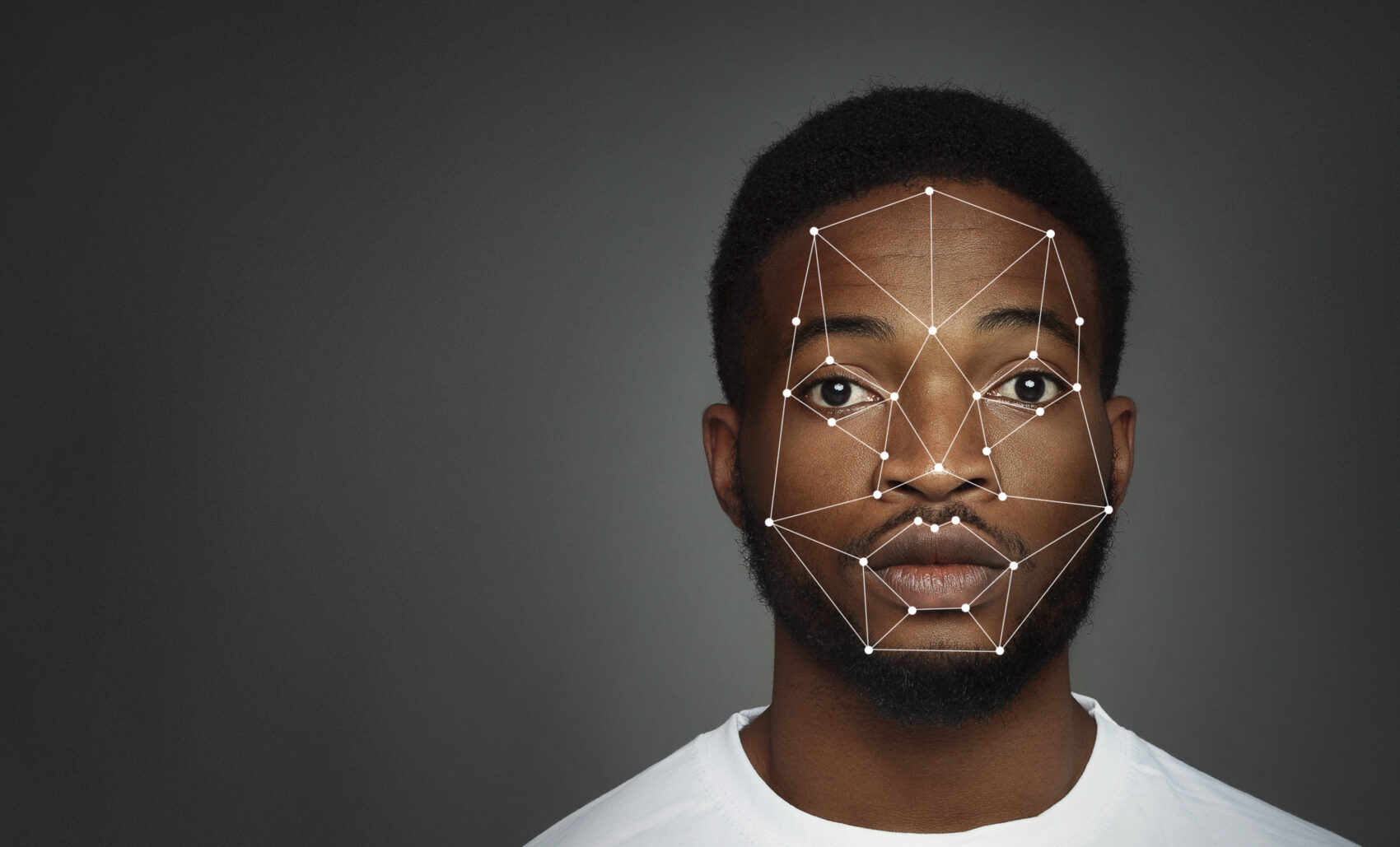While airports and airlines around the world are installing facial recognition cameras to identify passengers without them having to show their boarding passes or passports, San Francisco has decided to ban the technology because of its threat to civil liberties.
In this case, what people are most concerned about is the use of facial recognition by police forces, who may use cameras to scan the faces of people in the streets to match them up to databases of people wanted for crimes or questioning. Cities such as Seattle, Berkeley and Oakland haven’t gone as far as banning the tech but city agencies do have to get permission from the government to use it.
For travellers, facial recognition has been touted as a way of reducing queues in airports. British Airways has installed biometric gates at London Heathrow and US airports including Miami and New York, while KLM tested them at Amsterdam Schiphol airport in 2017. Cathay Pacific is trialling the tech this year.
Schiphol airport says: “We are keen to use innovations such as this one in order to make your journey more convenient. At present, you still need to show your passport, your boarding card or both at the various checkpoints within the airport; for example, when you drop off your baggage, at the entrance of the security check, when you cross the border and during boarding.
“In future, you will be able to pass through these checkpoints more smoothly due to being recognised by your face. As a result, your passport and boarding pass can stay tucked away in your bag.”
Other airlines that have been dabbling with facial recognition include Lufthansa, JetBlue, Delta Air Lines and American Airlines. President Trump has said that facial recognition will be deployed at the top 20 US airports for “100 per cent of all international passengers”, including American citizens, by 2021.
What is the problem with facial recognition?
 Firstly, facial recognition isn’t always accurate, as we have seen with recent reports of failures of the technology to correctly interpret the features of black and minority ethnic people. The consequences could be disastrous for people being wrongly identified by the police, for example.
Firstly, facial recognition isn’t always accurate, as we have seen with recent reports of failures of the technology to correctly interpret the features of black and minority ethnic people. The consequences could be disastrous for people being wrongly identified by the police, for example.

A number of police forces in the UK have been experimenting with facial recognition but according to the BBC, privacy rights group Big Brother Watch says: “It must be dropped immediately.”
Secondly, facial recognition spells a dystopian future where citizens are watched and monitored all the time, just like the ones science fiction has been warning us about for decades. The truth is, it’s happening now and there may be no way to stop it.
China is leading the way with facial recognition innovation and implementation. By 2030, it wants to be the global leader in AI, with the facial recognition component alone expected to generate US$9.6 billion by 2022. Across the country, there are more than 200 million facial recognition cameras following people down streets, through shops and even schools.
For people who live there, it’s already too late. China’s facial recognition database includes almost every single one of its 1.4 billion citizens. Armed with this data, companies such as Shanghai’s YITU Technology says its Dragonfly Eye System facial scanning platform can identify an individual in seconds, and in so doing will improve national security for the benefit of everyone.
A report from America Under Watch has revealed that US cities such as Chicago, New York City, Orlando, and Washington DC and Detroit are already investing in real-time face surveillance, meaning that the authorities could start tracking and monitoring people around the clock. Like China, they could be able to isolate anyone, at any time.
It says: “Detroit’s real-time face surveillance is designed to operate together with a program called Project Green Light Detroit, an initiative launched in January 2016 that has dramatically expanded the city’s network of surveillance cameras.
“The city has pitched the initiative as a way to deter crime and improve police response times to incidents at locales across the city. Its original focus was on businesses open during late-night hours such as gas stations, fast-food restaurants, and liquor stores. [But] partner locations now also include churches, hotels, clinics, addiction treatment centers, affordable housing apartments and schools.”
San Francisco fights the trend
For a tech-forward city such as San Francisco, in some ways it is surprising to hear that it has banned facial recognition, but it is also a very liberal place with roots in Counter Culture and the hippy movement. The risk of infringing on civil liberties just isn’t worth it.
According to an article in The New York Times, Matt Cagle, a lawyer with the ACLU of Northern California, said the technology “provides government with unprecedented power to track people going about their daily lives. That’s incompatible with a healthy democracy”.
The reality is, though, that San Francisco’s ban doesn’t extend to airports – so if you’re a fan of facial scanning, fear not. You may still find it at SFO.
